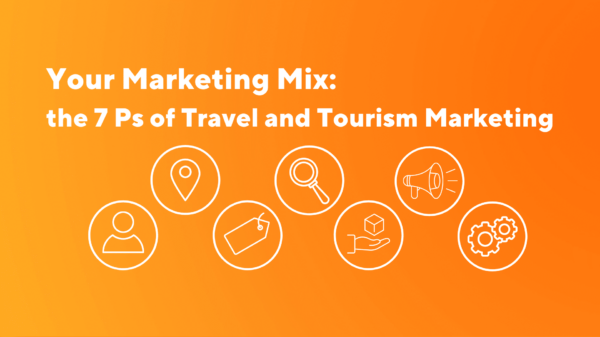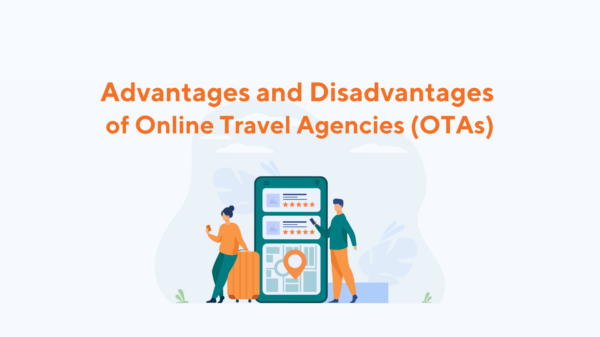Overtourism is a growing problem in many destinations, with locals and tourists going to war for the rights to space and resources. While it’s a systemic problem that will require systemic change before it begins to improve, there are ways to limit its impact on your own community and tour company.
Establish yourself in the local community: Once overtourism becomes an issue for a region, tourism rapidly becomes an us vs. them issue. Show locals that you’re more “us” than “them” by building good relationships within your community.
Care for the environment: Tour companies aren’t directly responsible for most of the issues brought up by tourism opponents. You can’t make housing more affordable or prevent overcrowding. But you can do your part to ensure your company doesn’t harm the local environment. Educate guests about their environmental impact, and ways they can preserve the natural splendor or urban beauty they’re exploring. Overtourism is, at its heart, a battle for resources, so protecting local resources is a good start.
Broaden your schedule and your region: Do any of your tours or activities take crowds through the busiest parts of town at the busiest times of day? Are you regularly jostling for space with commuters, runners, or workers on their lunch breaks? If so, consider shifting your tour times so they don’t match up with the routines of locals.
Better yet, travel further afield. The impact of overtourism is felt most in urban centers and local hot spots. If you aren’t in those places or affecting traffic in those places, no one is going to have reason to resent your company’s presence.
Choose your battles: The real struggle between locals and tourism companies comes when regulation is on the table. As tempting as it might be to oppose any regulation that might impact you, now’s a good time to be judicious. In Venice, for example, industry stakeholders are supporting plans for a new cruise terminal that will keep ships out of the increasingly threatened Venice lagoon even though it’s not as central or convenient for their needs. They recognize that a compromise may improve sentiment all around.
Play to your strengths: If your tour company isn’t located in an area that’s already dealing with overtourism, you probably don’t need to worry about all of this quite yet (though it’s never a bad idea to create local ties and care for your environment). But have you considered whether your region would make a good alternative for tourists who don’t want to travel to the world’s most crowded destinations? There’s a marketing opportunity here that has the potential to benefit everyone, and it’s one well worth investigating.





